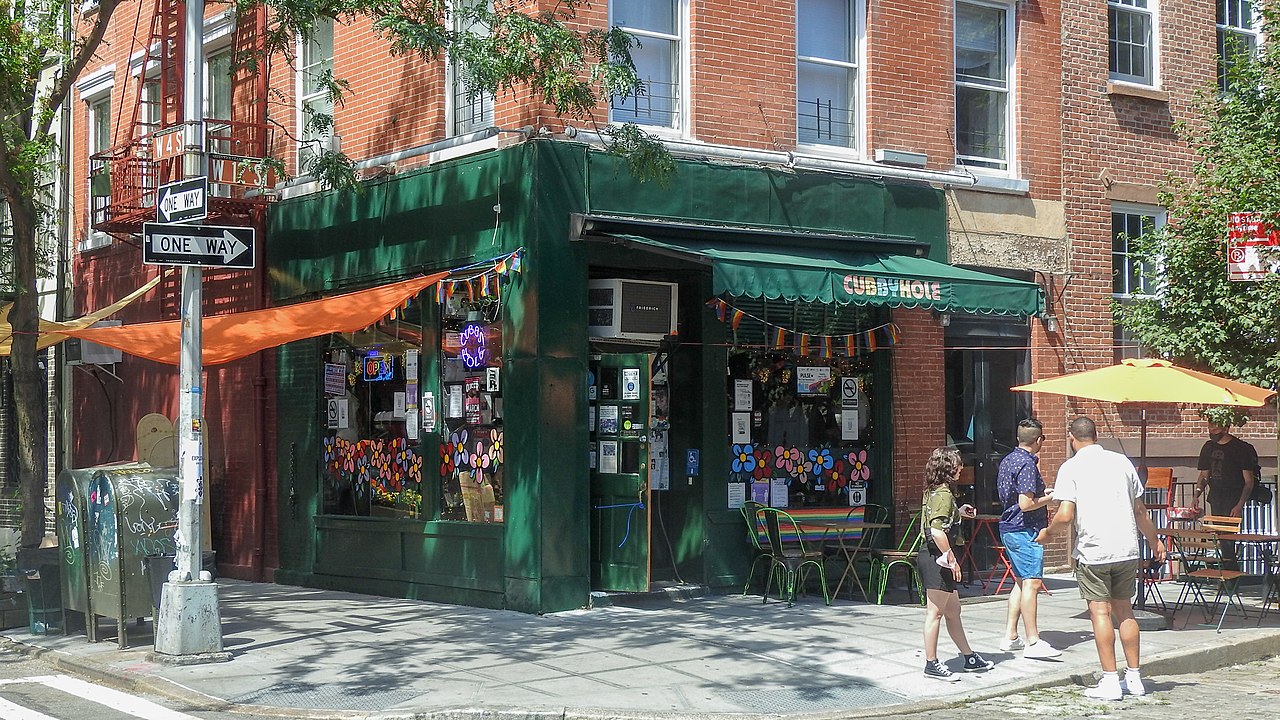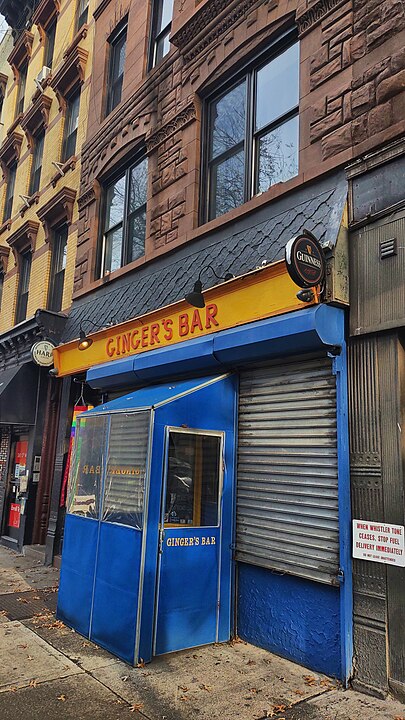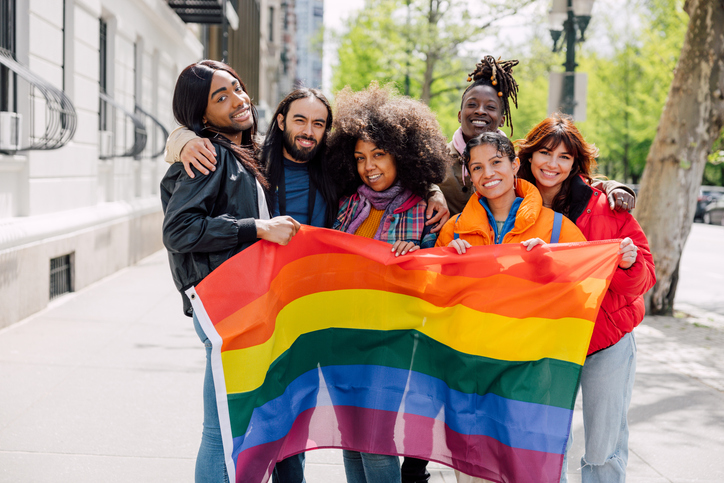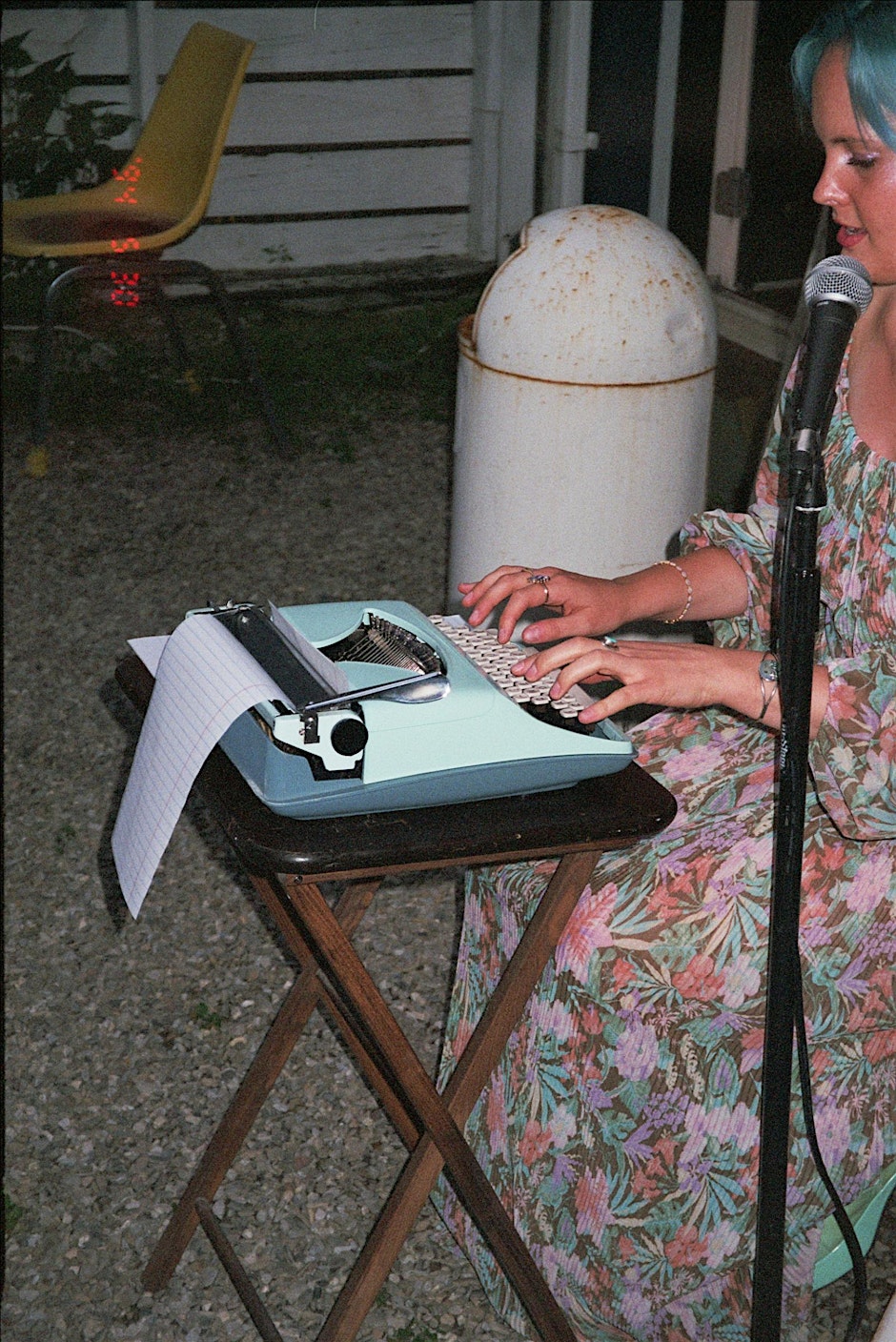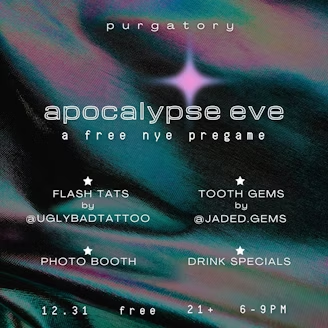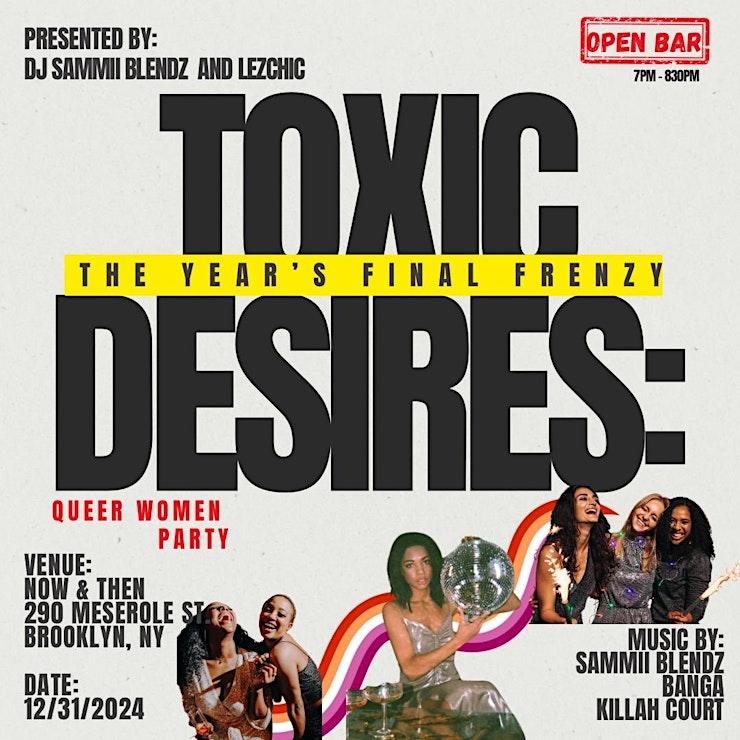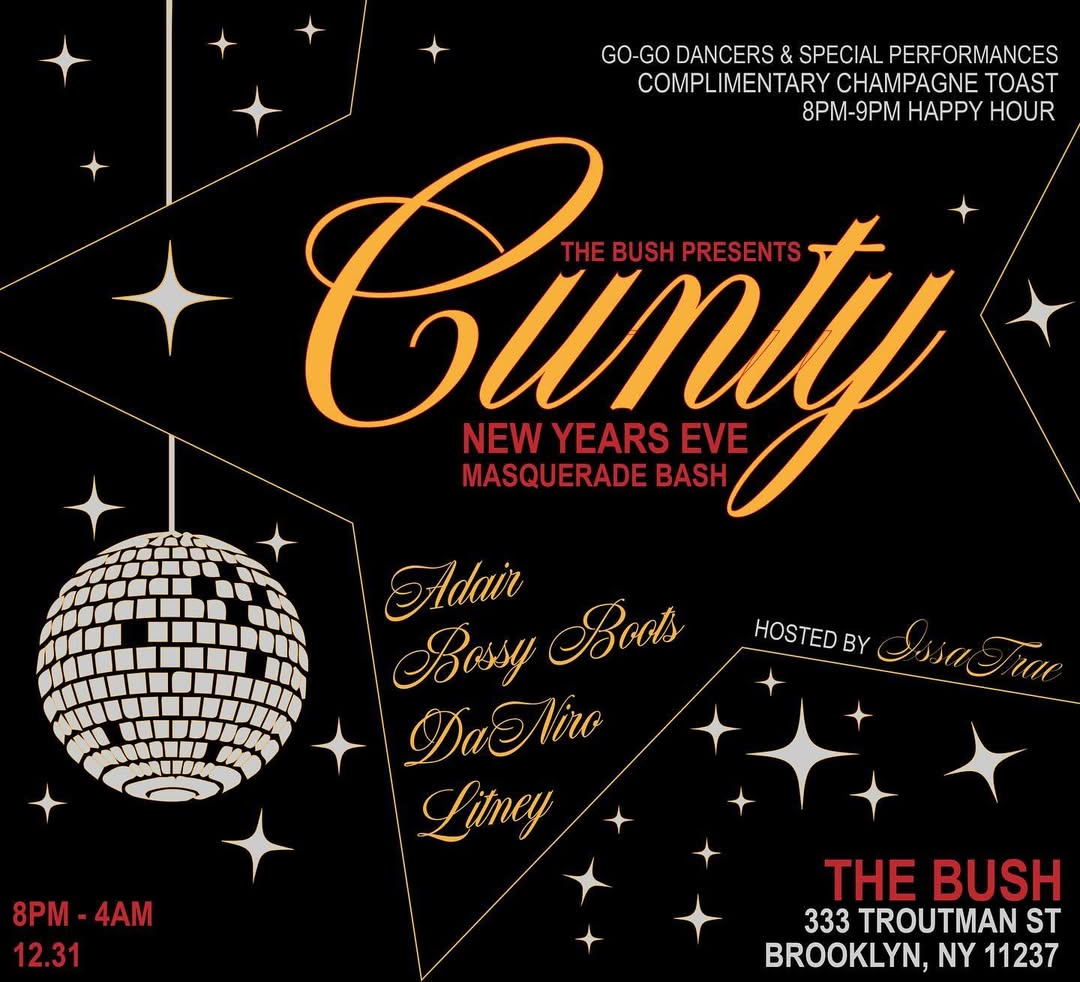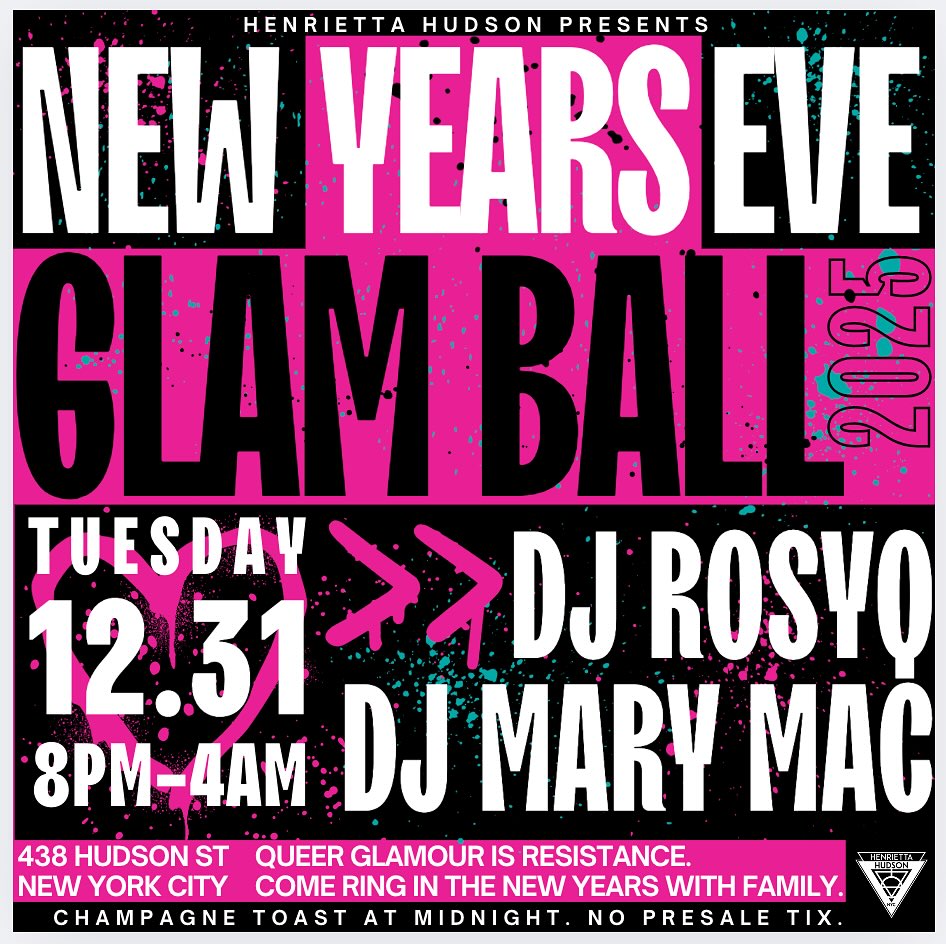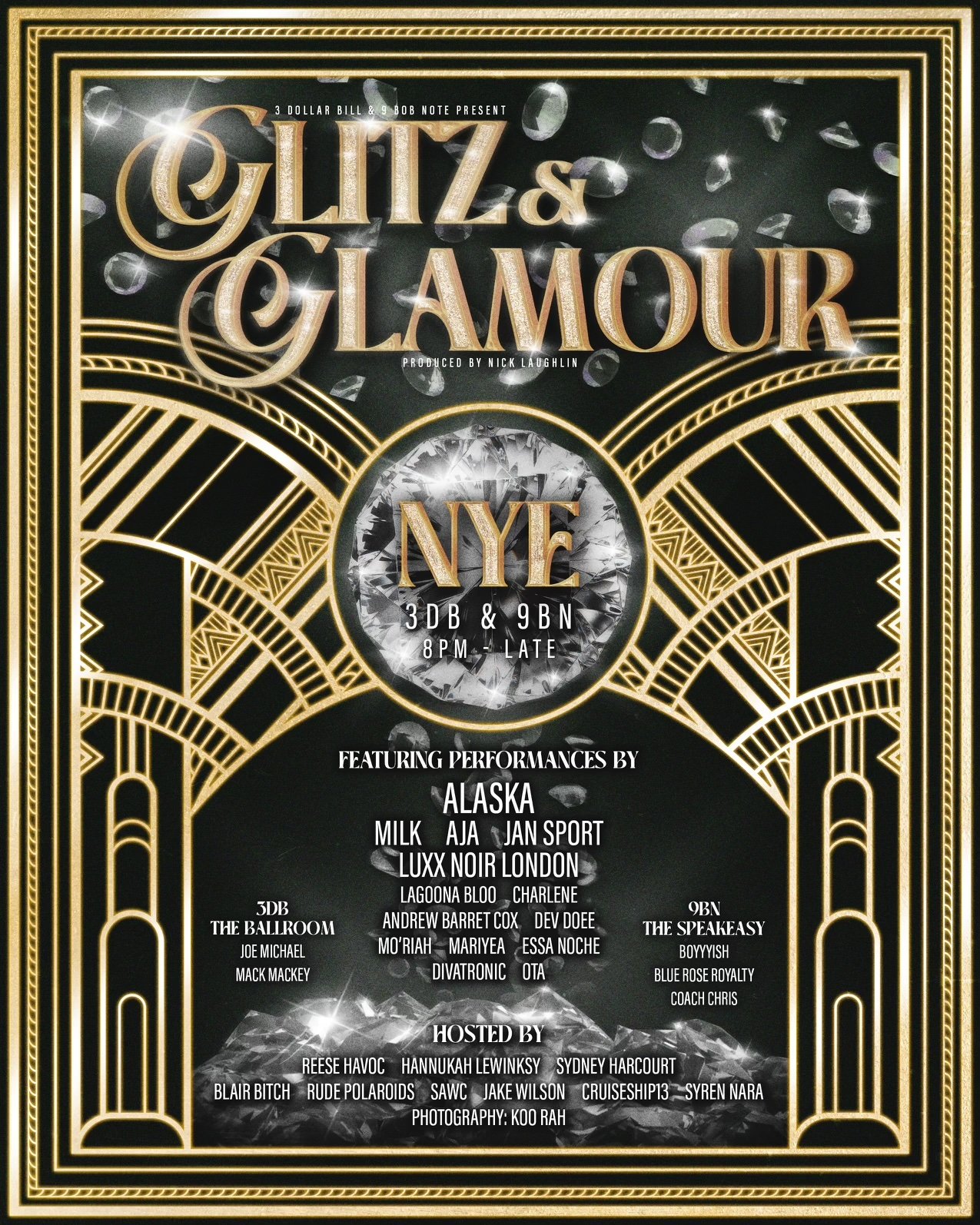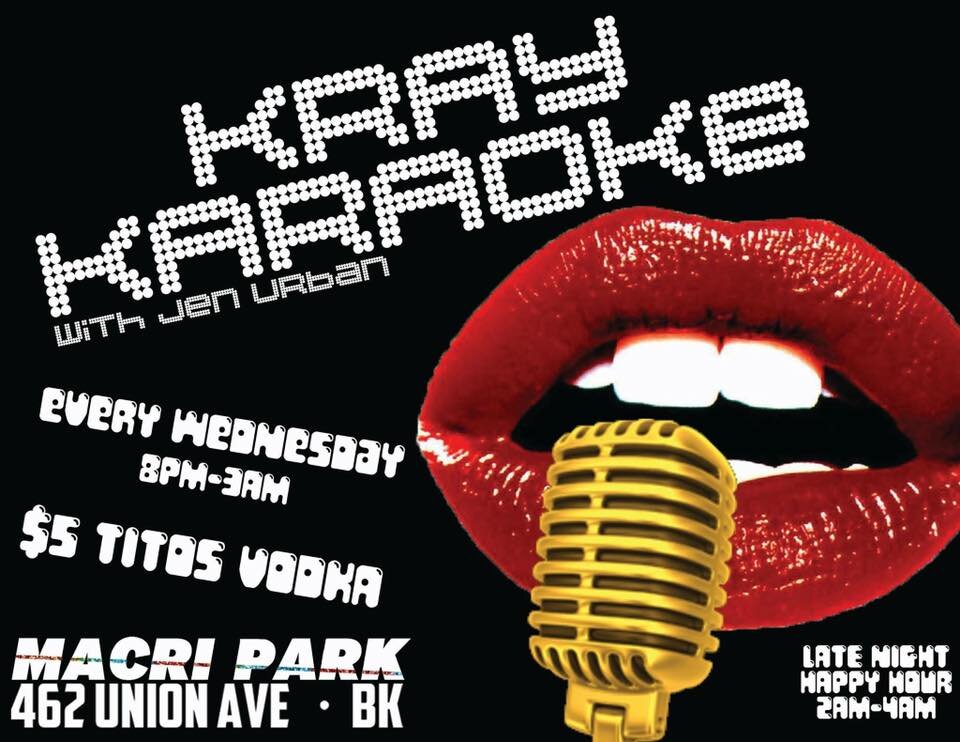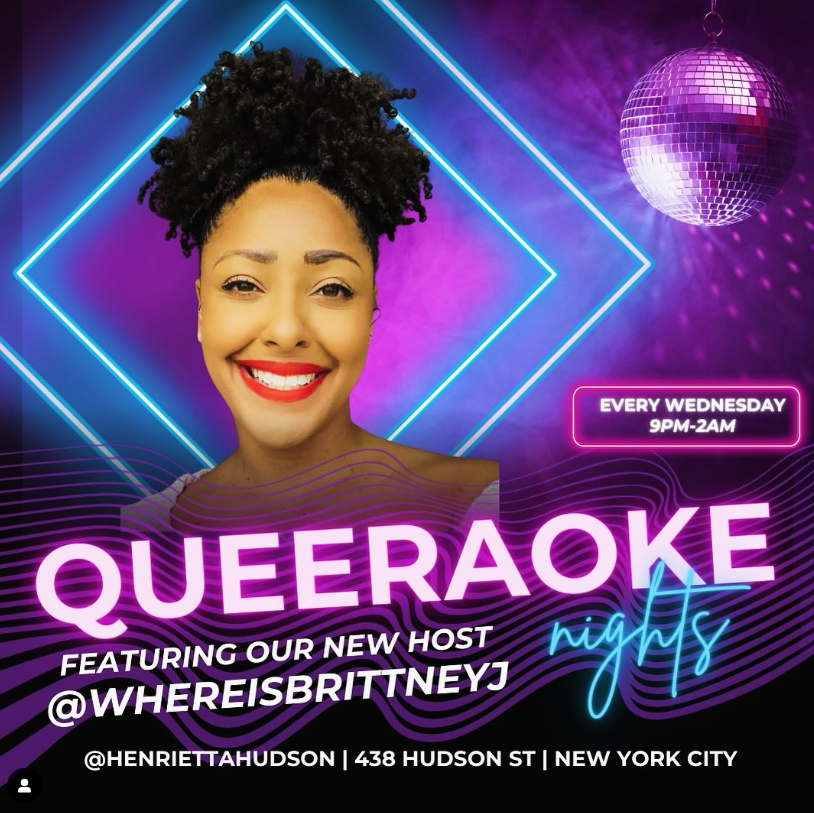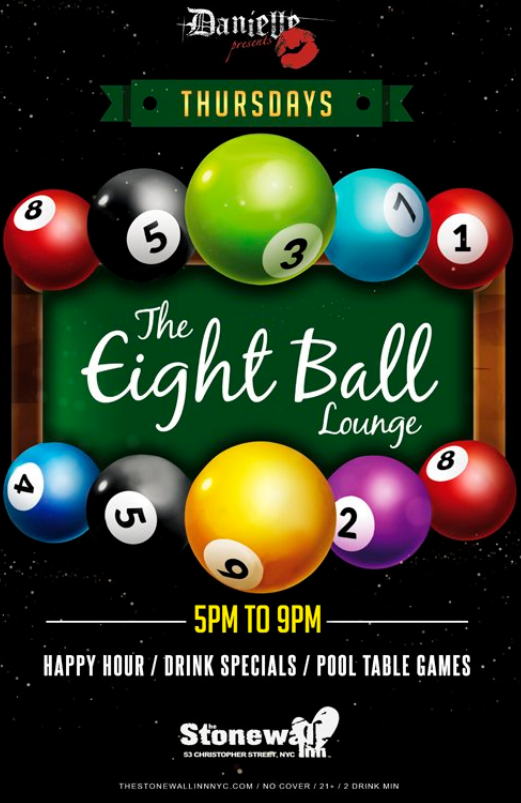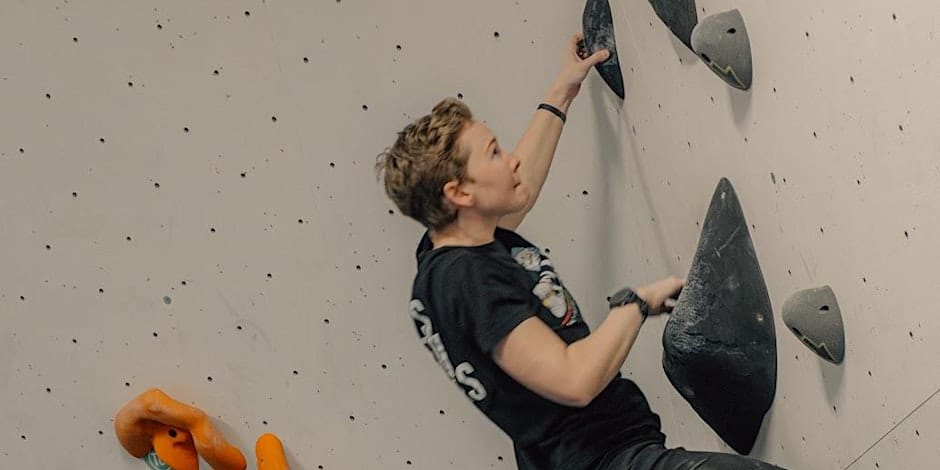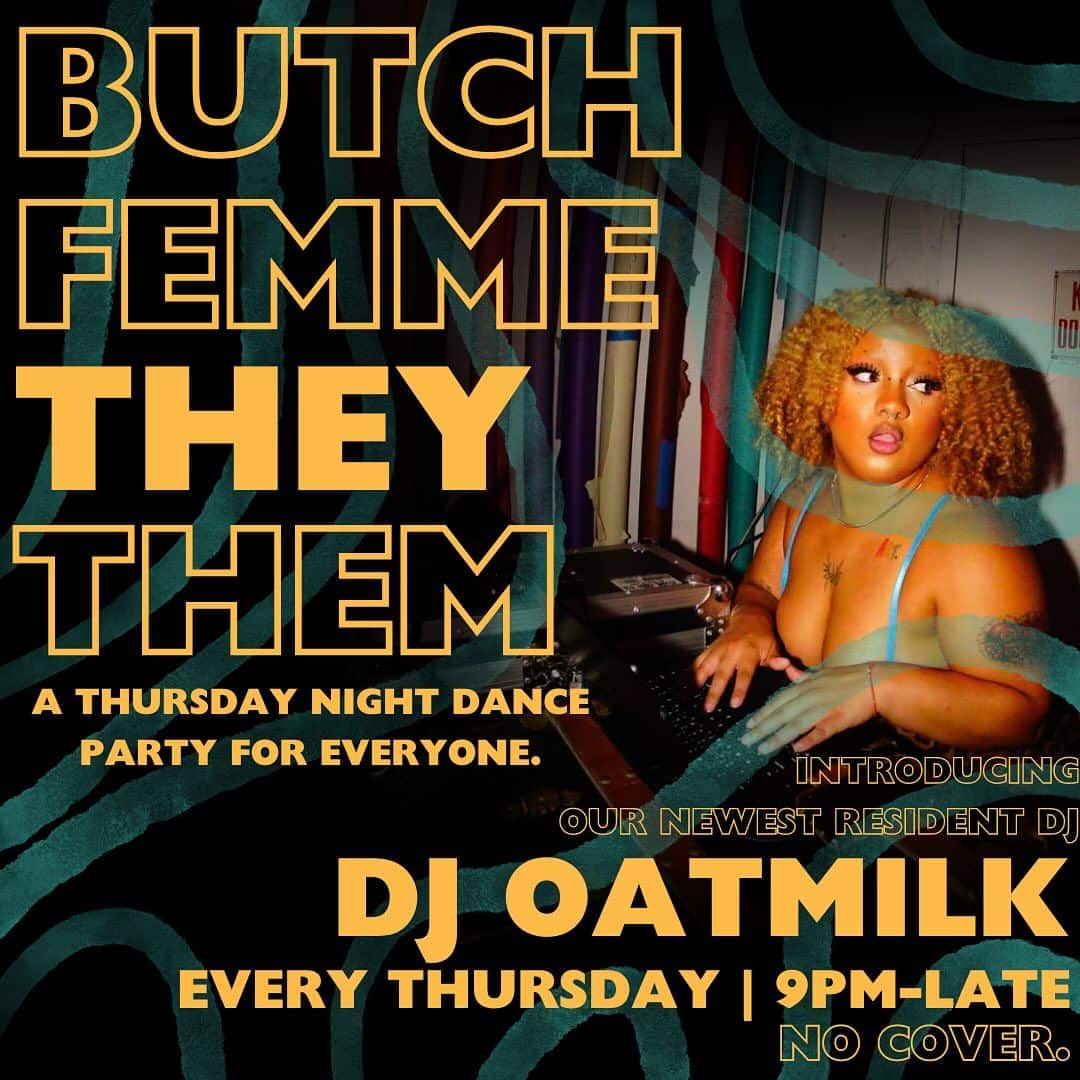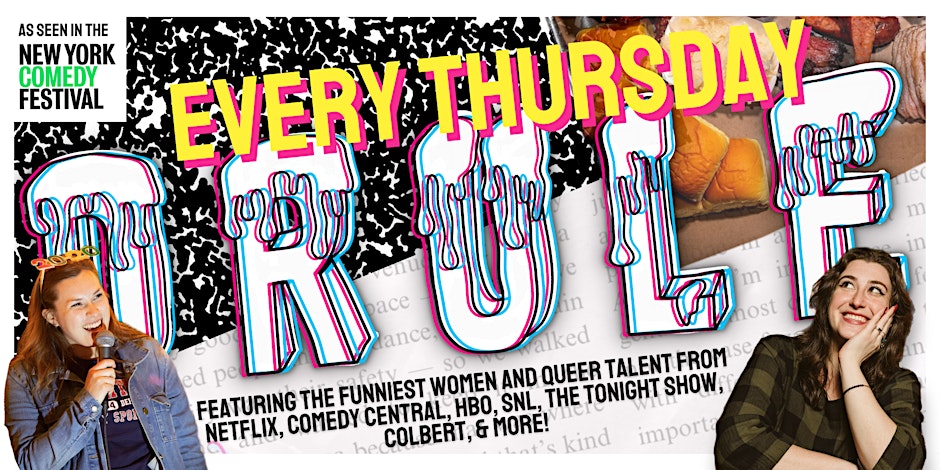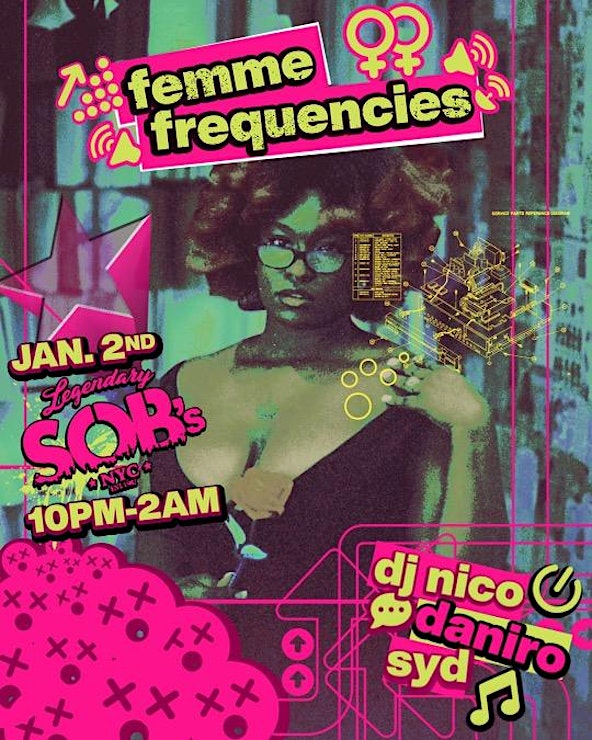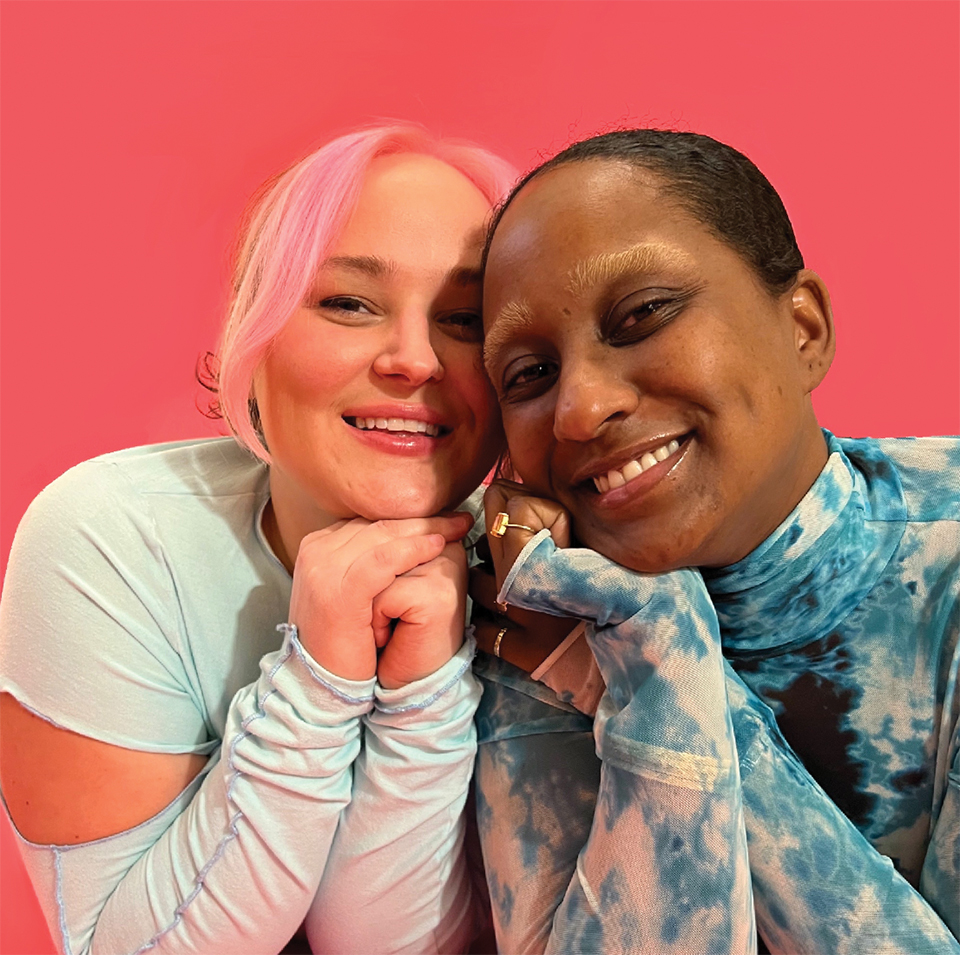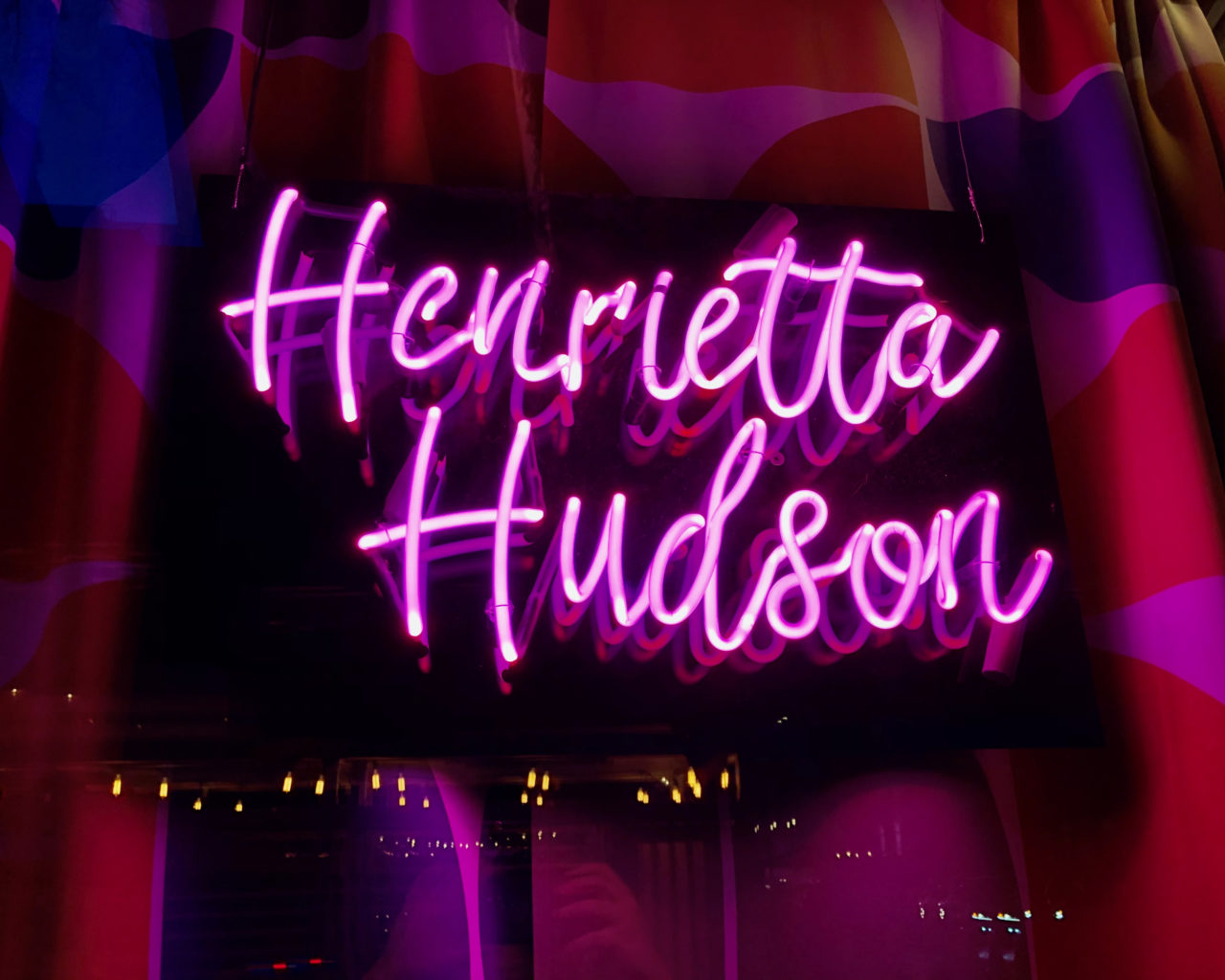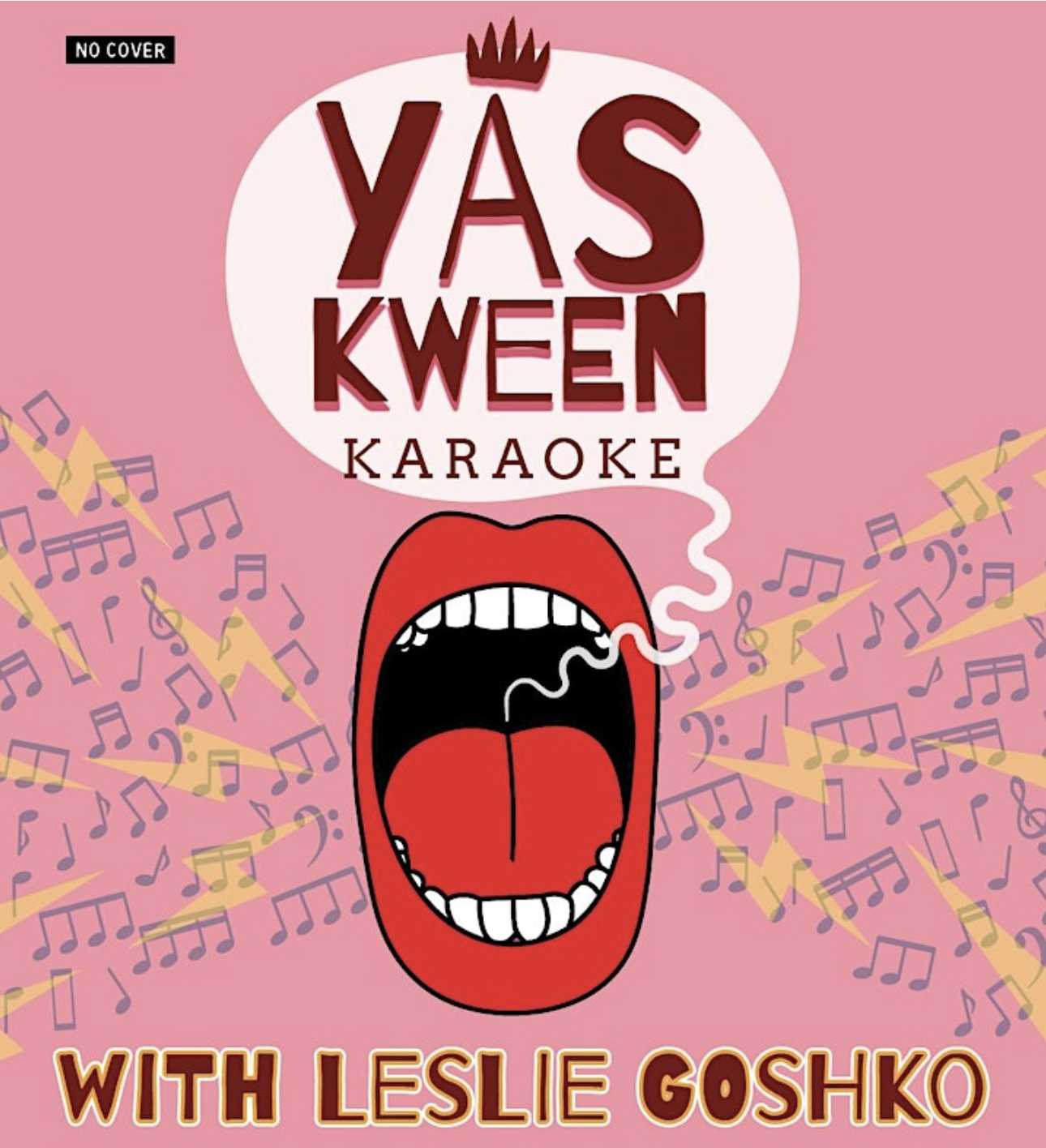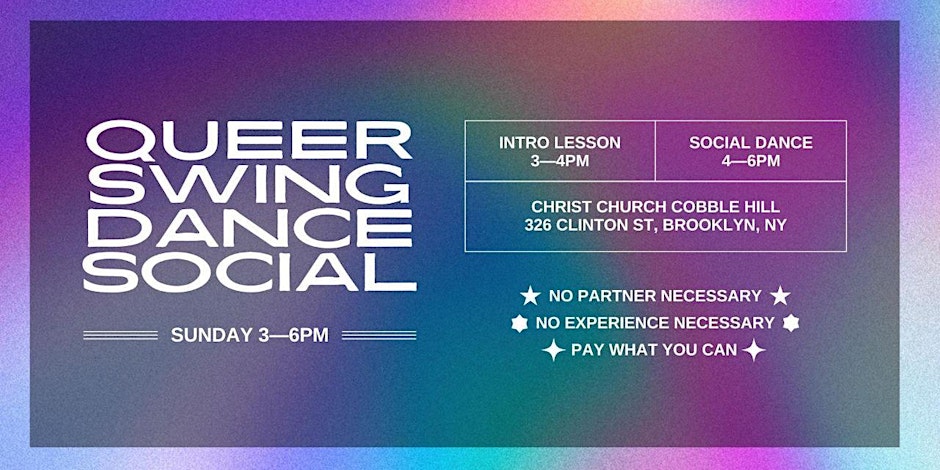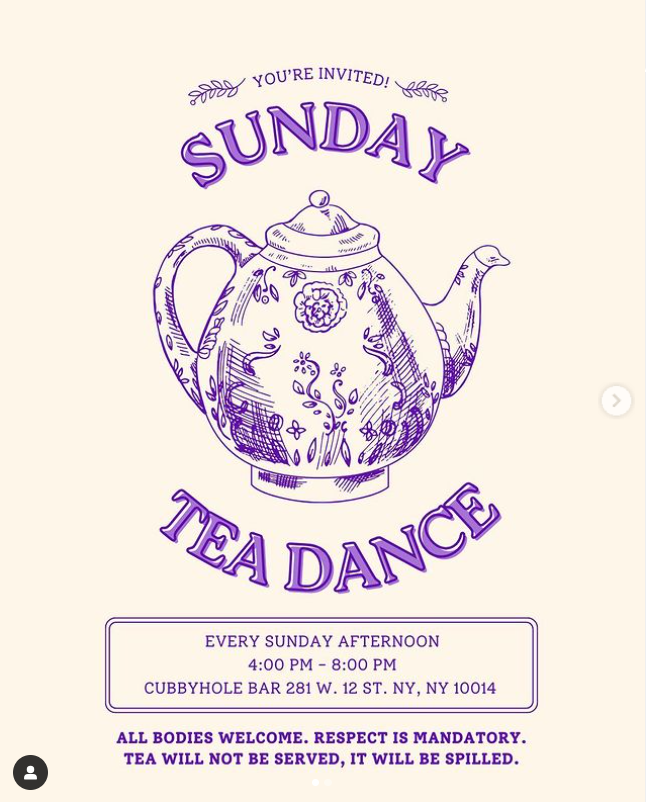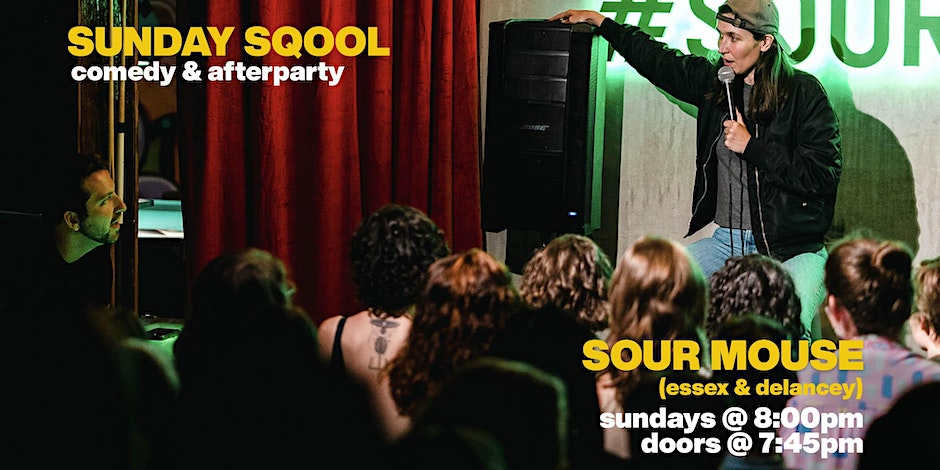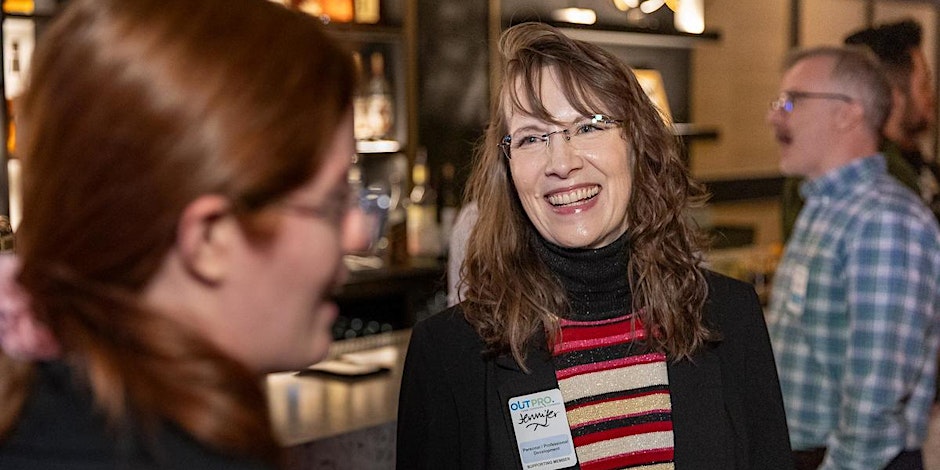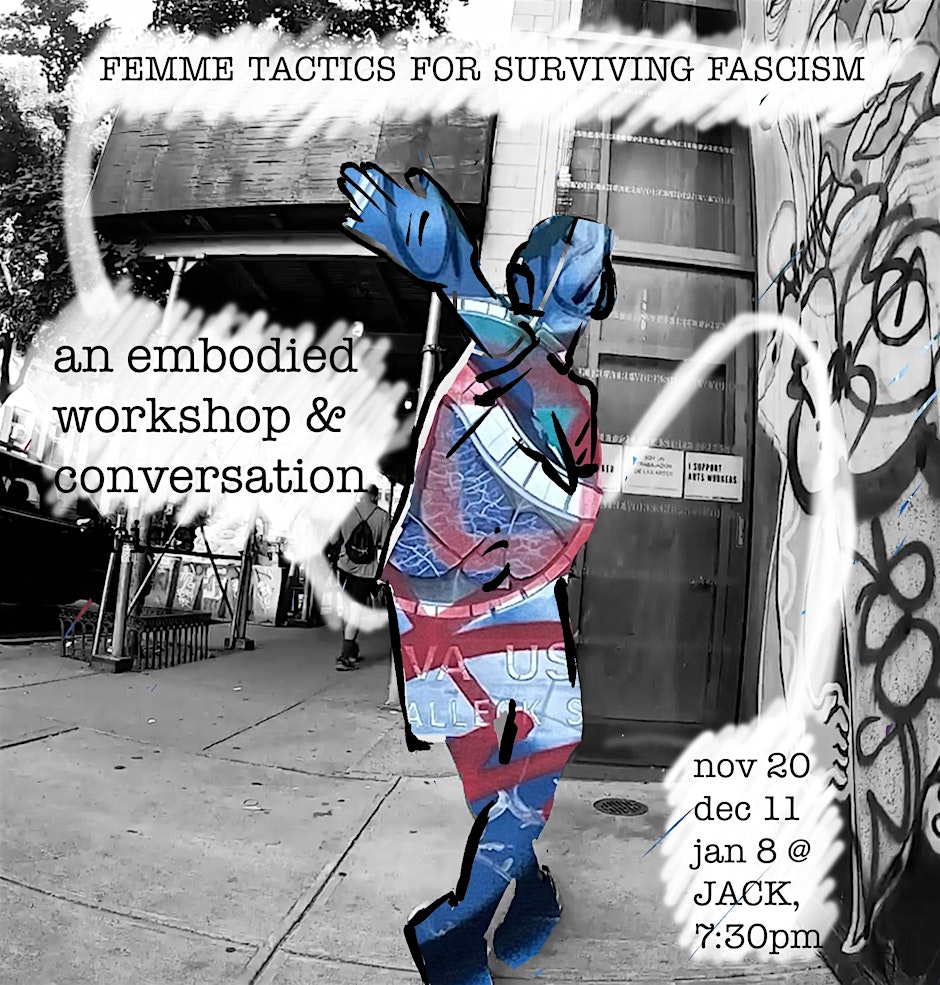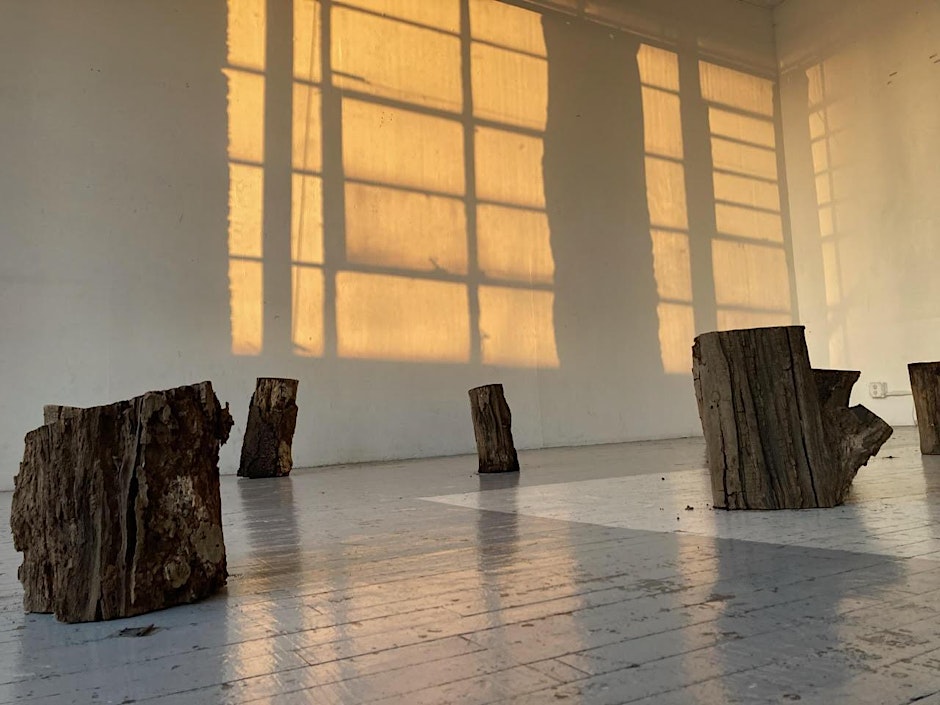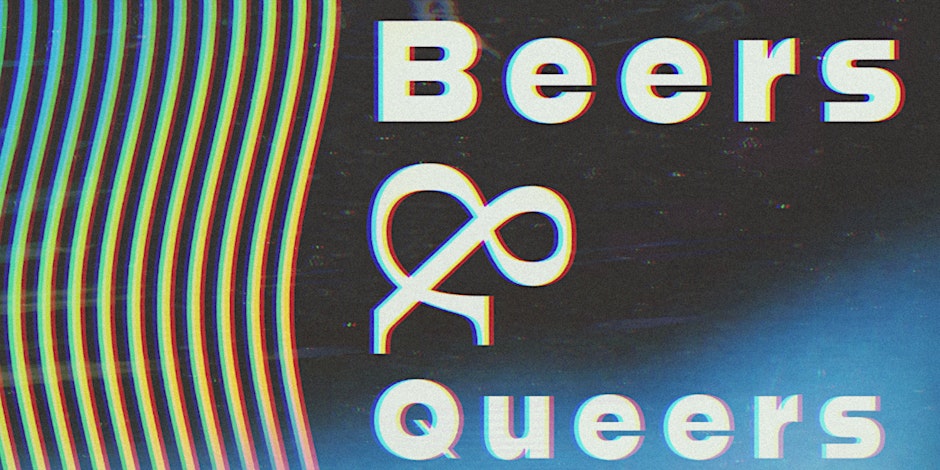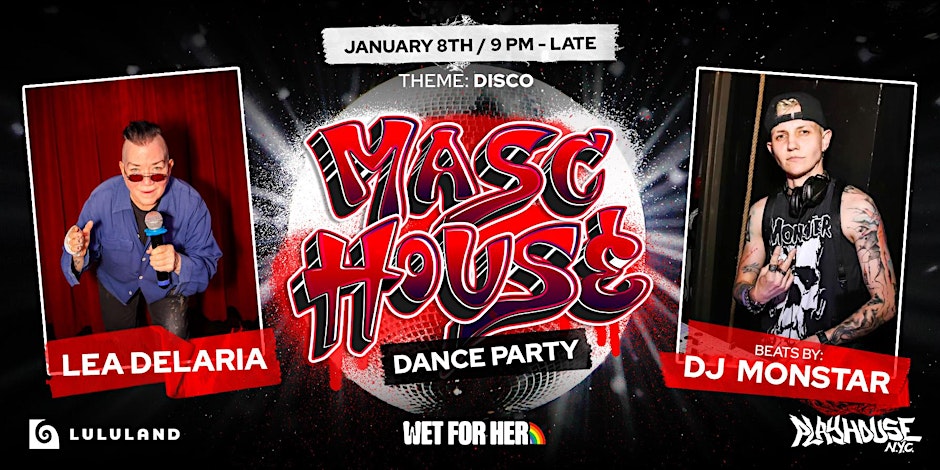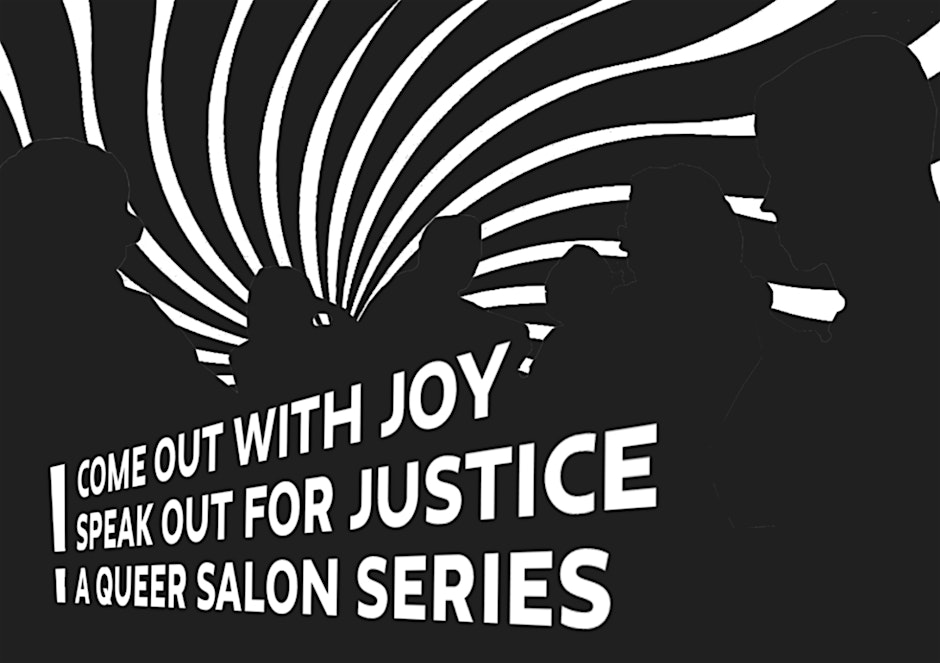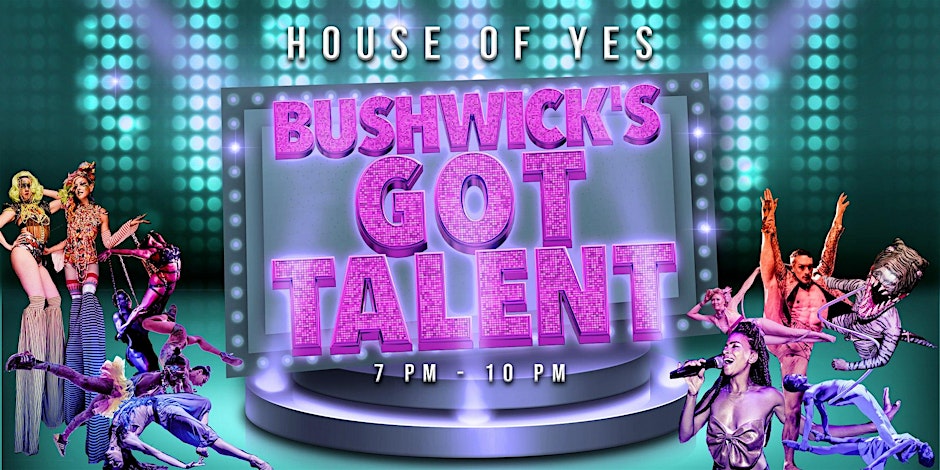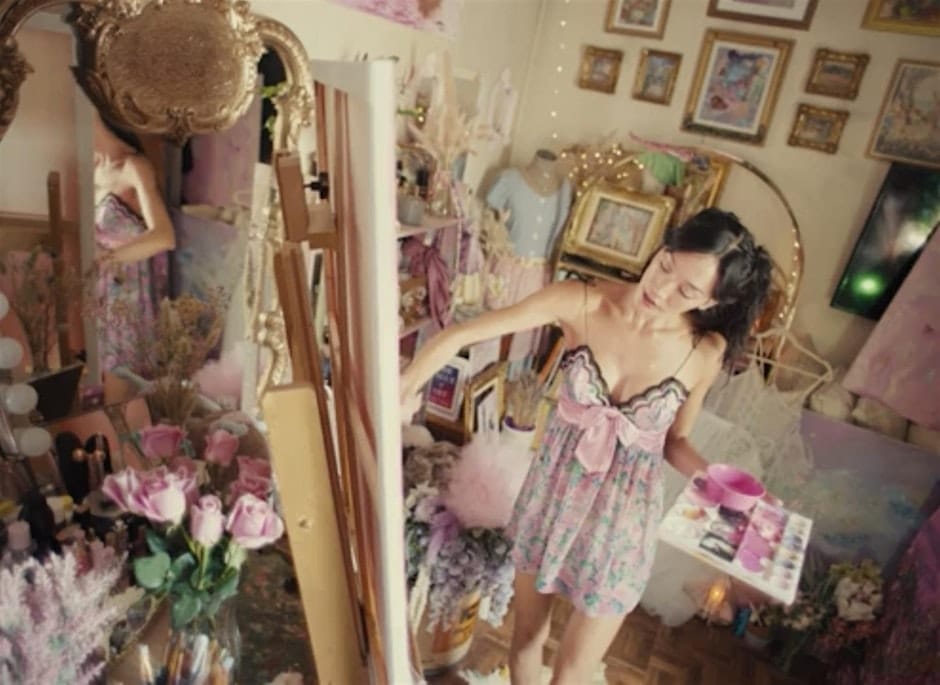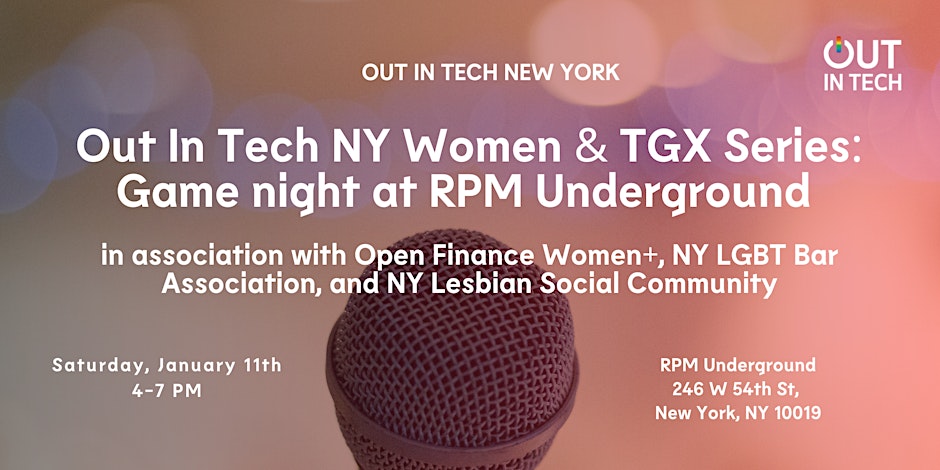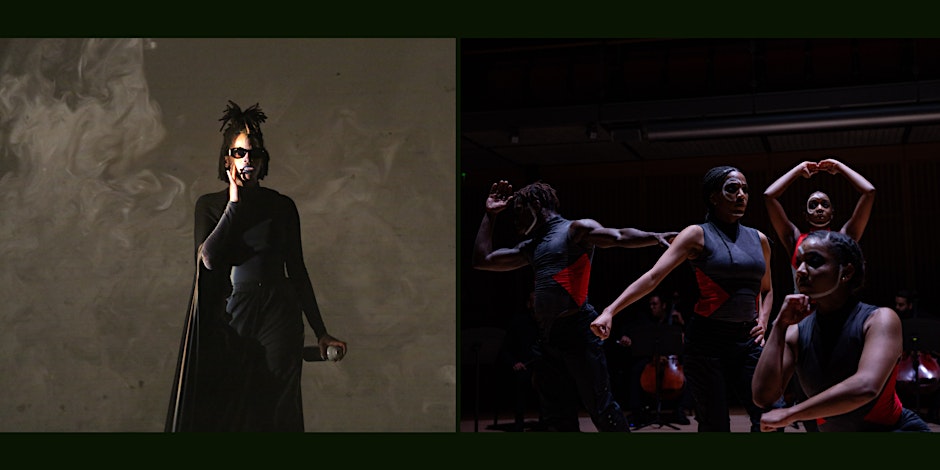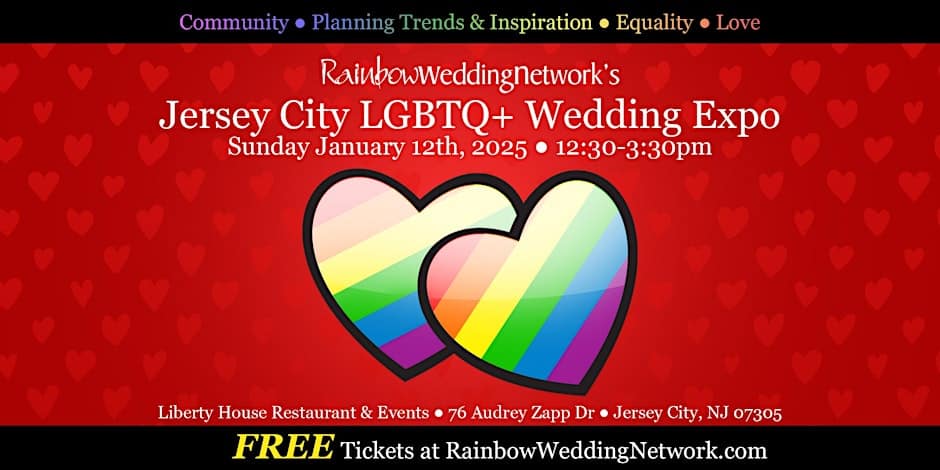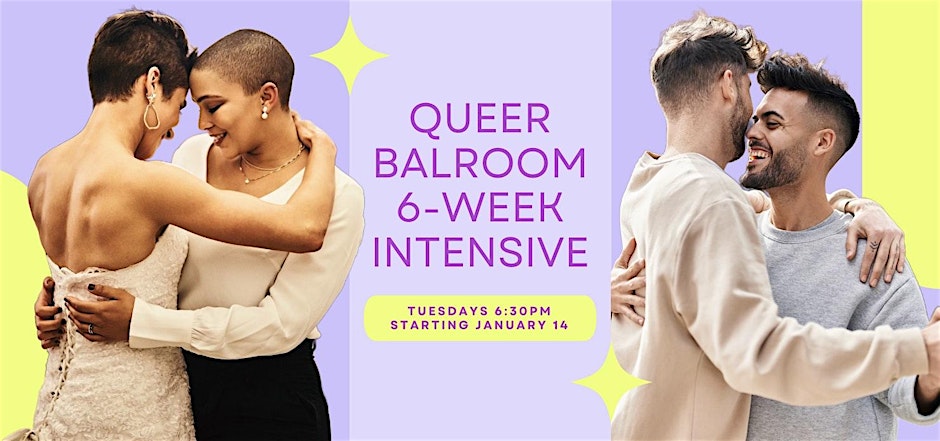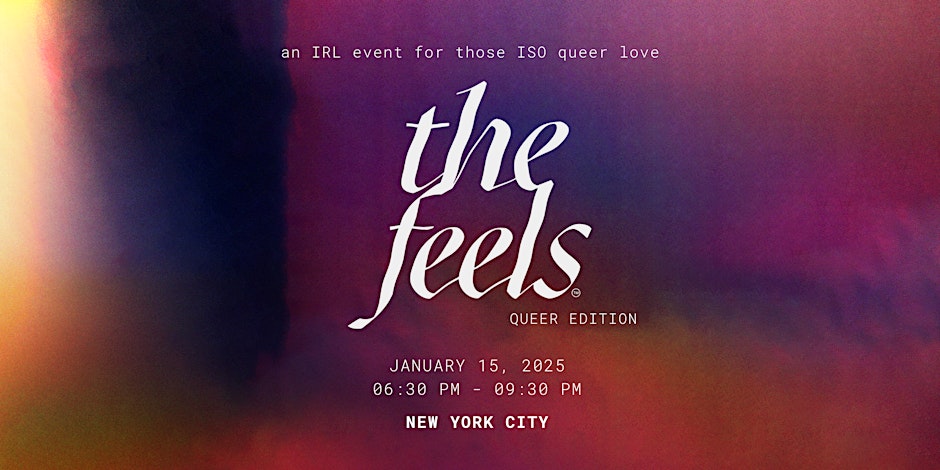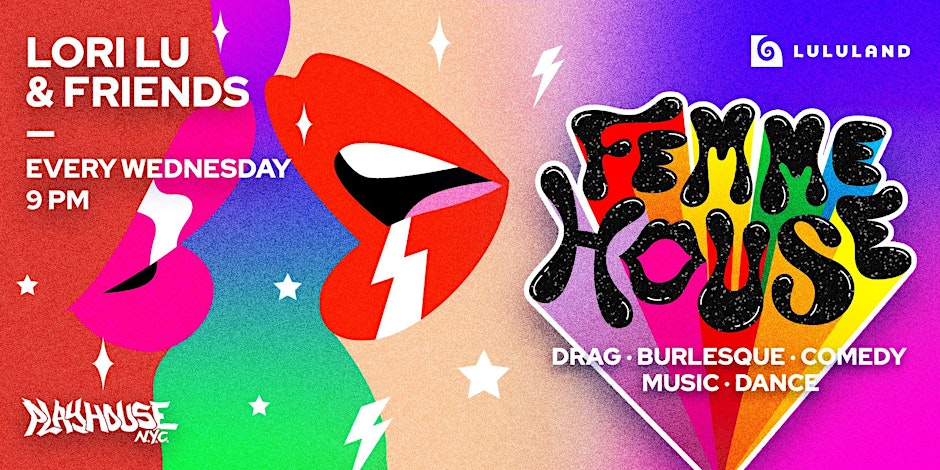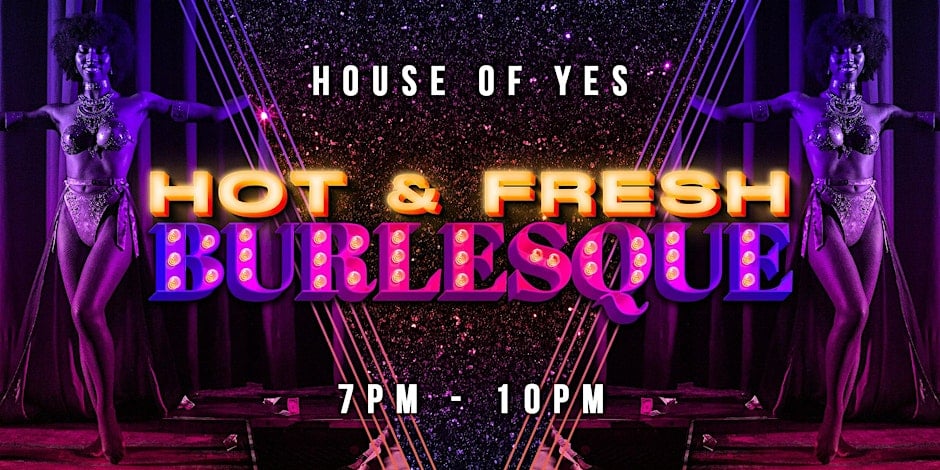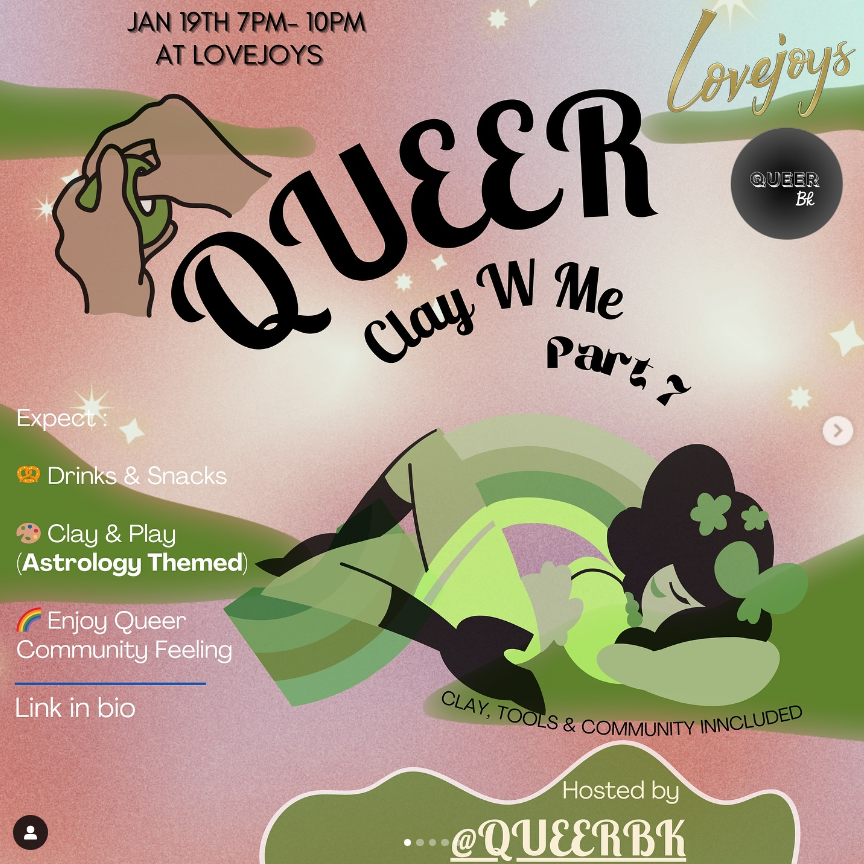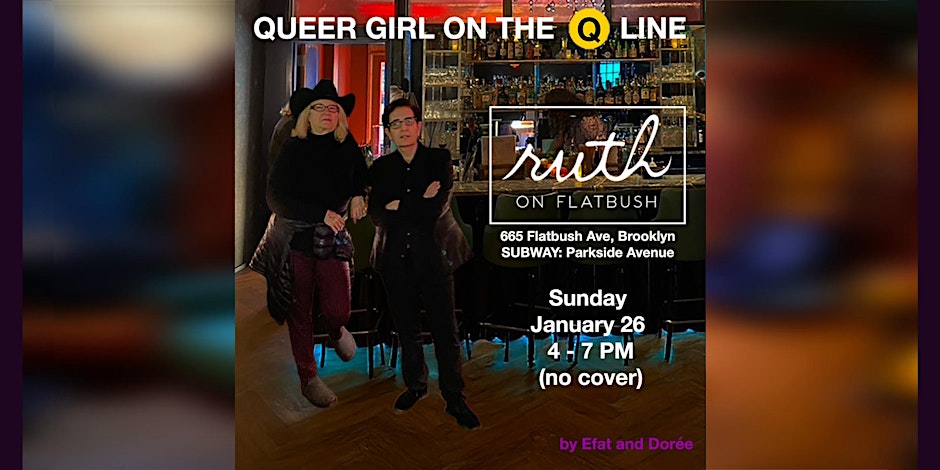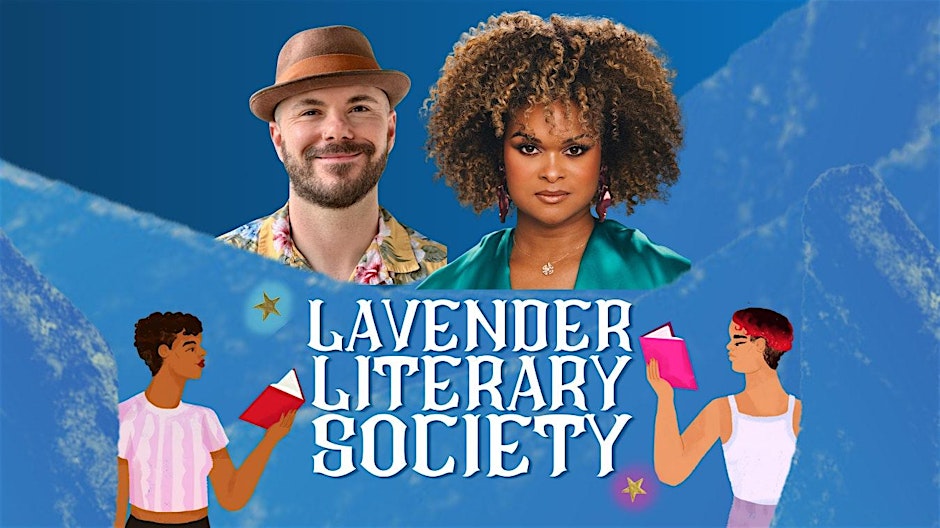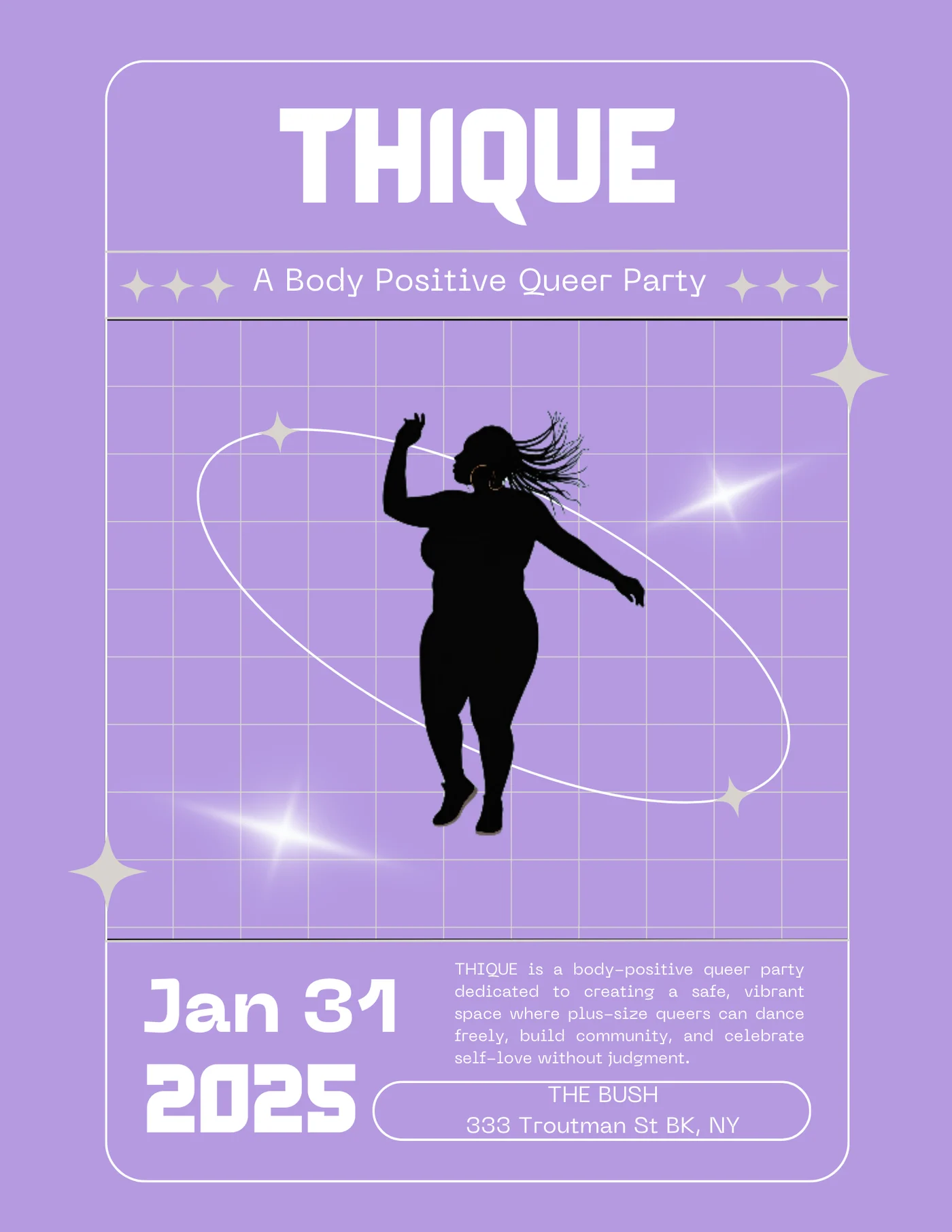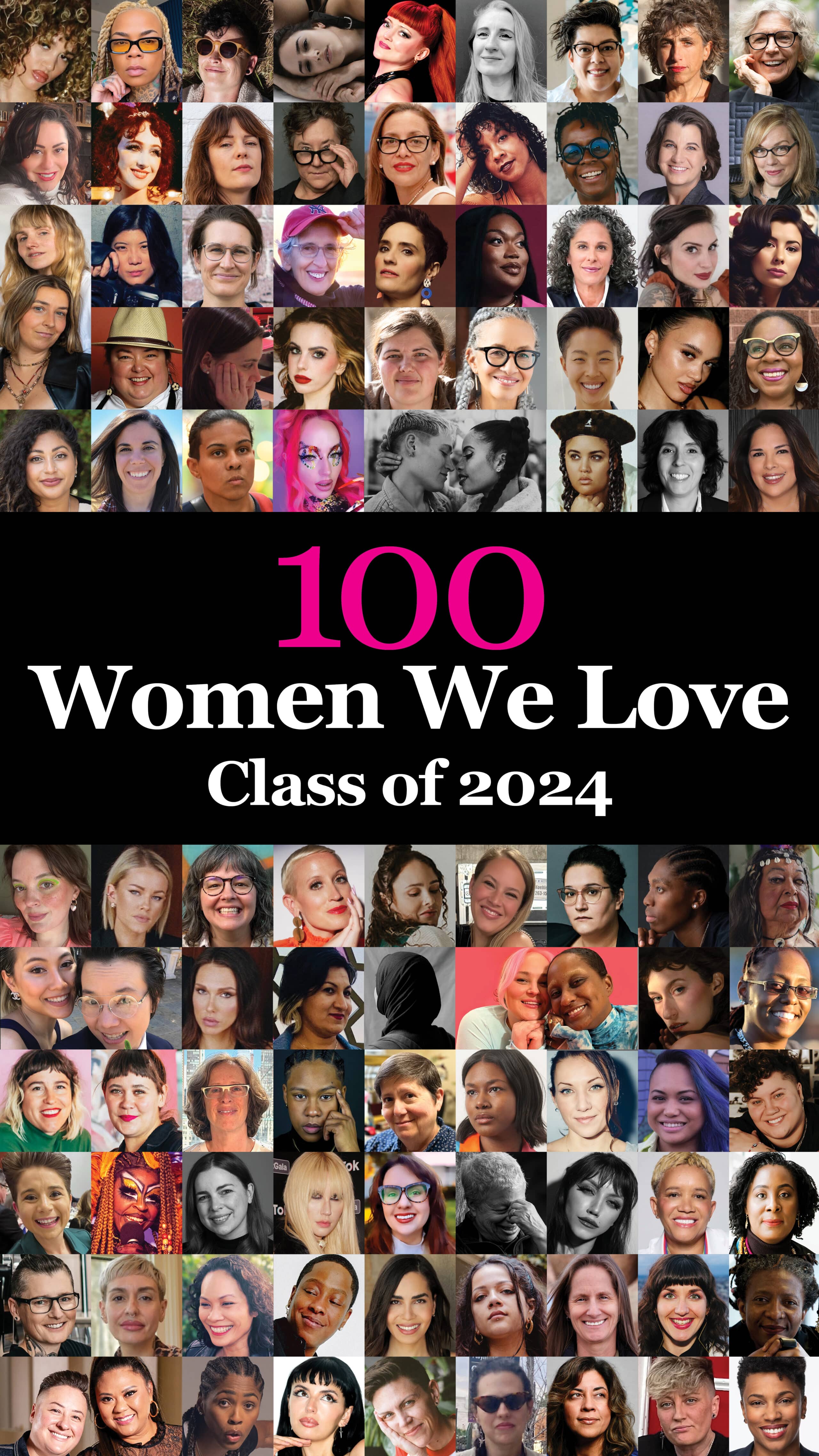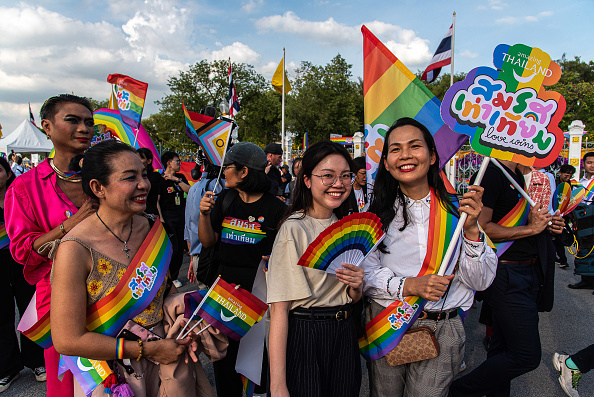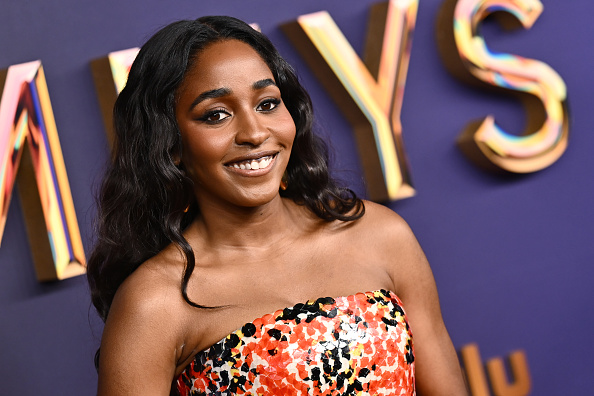Last summer during the 2019 FIFA Women’s World Cup, USA co-captain Megan Rapinoe was more outspoken than ever on the topic of queer women soccer players. “Go Gays!” she shouted following team USA’s 2-1 win over France in the quarter finals. Rapinoe, a lesbian player from Redding, California, explained after the game, “You can’t win a championship without gays on your team; it’s never been done before, ever. That’s science, right there!” In her purple pixie cut, Rapinoe emerged as a hero of the game and a hero for the queer community.
Rapinoe’s performance and commentary during the Women’s World Cup last summer showcased just how important it is to embrace these players in their multiplicity of identities. She showed up to the field as her whole self and refused to let her skills be devalued because of how she falls outside of the “apolitical” white/cis/hetero line. It’s in this refusal to simply be a sideline or complement to a heteropatriarchal male soccer world and to purposefully showcase narratives and leagues that are in contrast to that world that women’s soccer is growing.
In looking to efforts lead by queer players like Rapinoe and queer communities for decades, queer women are growing the women’s game in spite of efforts to “straighten out” the narratives of women players.
The “Straightening Out” Of Women’s Soccer
Of course, there are plenty of gay girls who play soccer, but growing up in the States, I never felt like women’s soccer spaces were particularly queer. From a “no talking about boys at practice” rule to the whispers of which players were rumored to be lesbian, it was isolating to be a queer player. Despite having an unreal amount of women soccer role models in my life, from coaches to babysitters, none to my knowledge were queer. Even the classic 2002 film “Bend it Like Beckham” that follows two girls, Jess and Jules, in their fight to form and play on a girl’s team in London ultimately fails to highlight any queer players. The film is rumored to have initially been written as a lesbian soccer rom-com, but the narrative was changed to appeal to a larger audience. Despite all its gay potential, Jess and Jules end up fighting over their male coach — a disappointment to queer women soccer players and Alison Bechdel alike.
The Fédération Internationale de Football Association (FIFA), the organization that coordinates the World Cup and acts as the international governing body of soccer, has chosen to use their status to primarily highlight the narratives of straight women players. In a 2015 FIFA article titled “Morgan looking for a fairytale finish,” USA National Team Co-Captain Alex Morgan is asked to speak about her children’s book deal, her husband, and briefly, her princess-like style of play. FIFA can’t help but remind readers that Morgan is straight. The article reads, “Touching her wedding ring, she added: ‘We have to make a lot of sacrifices for our work and our marriage, though it’s just a question of finding a balance and helping each other to keep pushing on.’” The final paragraph touches on the next steps of the World Cup, but only to reinforce that “Morgan and her husband are determined to see each other on Sunday, when the Final of Canada 2015 takes place.” In response to FIFA’s interview with Morgan, soccer blogger and academic Jennifer Doyle jokes, “Don’t worry readers. Alex Morgan is not a lesbian. You can always tell who is a lesbian because there is no mention of partners, often no mention of family at all.” In other words, if players are gay, press coverage will do everything to avoid highlighting their homosexuality. The value in queer players’ abilities to play is threatened when they talk about things outside a white hetero line.
We saw this again last summer when Trump responded to Rapinoe’s criticism of his administration with, “She should win before she talks.” If our identities fall outside the white cis hetero line, our value is only placed on our skill, profitability, and entertainment value. If queer girls show up as their whole selves — uncompromising — and refuse to shrink themselves to be the right kind of entertainment, they’re met with comments to “shut up and play.” Rapinoe is one of many queer women joining in the fight against queer erasure in women’s soccer. She’s using her platform to give everyone a queer role model and to make clear what we already know: Queer women are everywhere, but we’re not always at liberty to be open about our identities in all spaces.
FIFA & The Women’s Football Strategy
In 2018, FIFA released a document called the “Women’s Football Strategy,” a 24-page document offering a bullet point strategy to “grow participation” and “enhance the commercial value” of women’s soccer. Many of FIFA’s recommendations are vague in their nature, using the open-ended language of “development” and “empowerment” in order to better support the women’s game. In their section titled “Communicate and Commercialize,” they suggest that the women’s game simply needs “a new identity to complement men’s football.”
Yet, the women’s game has been growing in spite of FIFA. The 2015 Women’s World Cup Final remains the most-watched soccer match on English-language television in the United States. Over the last three years in the United States, women’s soccer games have earned more revenue for the US Soccer Federation than US men’s games. ESPN reports that the 2019 women’s home jersey became the top-selling soccer jersey — men’s or women’s — ever sold on Nike.com in one season.
When the growth of women’s soccer is happening in hand with players like Megan Rapinoe, it’s odd that FIFA refuses to see the identities that are being constructed by queer players as both marketable and crucial to the development of the women’s game. In Rapinoe’s speech at the New York City US Women’s World Cup Championship Parade, she made a point to shout out the multiplicity of identities in the group. “We have pink hair, purple hair, we’ve got tattoos and dreadlocks, we’ve got white girls and Black girls, and everything in between,” she shouted. “Straight girls and gay girls, hey!” Her comments were all met with applause.
Women’s soccer is leading the way in owning the diverse identities of the game’s players. Their strength is their diversity because teams can’t win without players of different backgrounds. Equally, in order to develop the game, there must be space for everyone to show up as their whole selves and have their skill not questioned because of their identities. FIFA’s long-overdue conversation about supporting the women’s game should look to and amplify the work that’s been done by queer players like Rapinoe and queer communities around the world who’ve been building the game for years.
Queering Women’s Soccer
For decades, women players have had to find alternatives to formal leagues if they wanted to play. It was on these communities to create leagues, be their own role models, and do their own publicity if they wanted to grow the women’s game. Rapinoe, who took a knee alongside Colin Kapernick and who’s fought tirelessly for equal pay for women players, has proven committed to struggling for a more just and inclusive game. Her contribution is huge given her massive platform, but this struggle has been happening for years among players and teams at grassroots levels around the world. These local examples are arguably stronger than efforts by FIFA and associated groups because they’re built out of pre-existing queer communities and do not shy away from the politics of the game.
In 2019, during the FIFA Women’s World Cup in France, FIFA failed to design and distribute adequate promotional material for the tournament. FIFA’s poster for the event showcased a feminine white-seeming woman’s face overlaying a soccer ball. There was nothing athletic about this woman, she was not competing in a soccer event, and the poster failed to showcase the diversity of the women players who competed in the tournament. In response, Les Dégommeuses, an overtly political, lesbian, and transgender recreational team based in Paris, stepped up to the task. They put out a call for poster designs with the explicit goal of highlighting players of all backgrounds and expanding the narratives of women soccer players. They later paid to get their posters hung around Paris — work that FIFA should have been doing if they were actually committed to marketing and expanding the game.
When I arrived in Madrid in fall 2019, after an amazing summer of women’s soccer during the World Cup, I was inspired to find a team of my own. Following an email exchange with Les Dégommeuses, I was put in contact with La Liga Fulanita De Tal, a Madrid-based women’s adult soccer league. Within weeks, I’d found a team and was playing every Sunday afternoon.
My girlfriend at the time joked that I was going to become a “soccer lesbian.” At first, I thought nothing of it, but then I slowly realized that soccer lesbians were actually a staple to the soccer community in Spain. Our entire league is organized by the city’s largest lesbian bar Fulanita de Tal. The league director, Lourdes Lopez, explained that the league is probably 85% lesbian or perhaps more. And for one night a week following the league’s Sunday games, the sports bar next to the soccer field is transformed into a lesbian soccer pub. The association between a lesbian identity and women’s soccer runs deep, and thus the queer community has actually been crucial to the construction of our league and development of the women’s game. It’s in the preexisting community, and it’s purposeful contrasts from the heteropatriarchal world of soccer, that the women’s game in Madrid is flourishing.
La Liga Fulanita de Tal
La Liga Fulanita de Tal originated in 2006 in Madrid, Spain. The league was born out of conversations between queer women who hung out at Fulanita de Tal, one of Madrid’s oldest lesbian bars and a staple to the queer women’s scene in the city. Through conversations at the bar and word of mouth, the news got out that a league for women over 18 years old was in the works. True to the testament that “if you build it they will come,” during the first year of the league, 22 women’s teams had signed up to participate.
Lopez explained, “When they started, there wasn’t anything. Just a field, two balls, and a small organization. Over the next few years, it grew. Keep in mind that it was the only league in Madrid and in all of Spain. And when they played, it wasn’t normal for people to see women players, everyone who passed by was like ‘What is this?’ It was really weird for people to see adult women playing soccer.”
In Spain, women’s soccer is overwhelmed by this lesbian stereotype. Lopez explains, “It’s not 100%, but probably 85% of the girls who play in our league are lesbians.” She goes on to say, “From my perspective, women soccer players are more independent and more free-thinking. If she’s also lesbian, okay, yes, the majority are, but really, it’s more about being an independent woman who has her house, her car, her girlfriend, maybe she lives alone. She’s a woman with distinct ideas, just living her life and playing sports. The stereotypical sport for her is soccer.”
As such, the prerequisite for women players is not necessarily that they’re gay, but that they’re ready and willing to address the sexism and homophobia that they will likely be targets of. In Spain, girls and boys play on mixed teams until they’re about 12 years old. At this point, because of supposed biological differences, the men’s teams break off, and girls are left with limited options to play soccer and are often encouraged to play more “feminine” sports like volleyball or tennis. Girls who stay in the game are thus breaking gender roles and will be victims of sexist and homophobic comments. My teammates joke that anyone who plays after age 12 is gay — something that seems like a tall order for a 12 year old. Similarly, my ex explained that she quit at age 13 because she was not ready to come out to her parents. Of course, she was only playing soccer, but the association between soccer and lesbianism, and the homophobia that she understandably wasn’t ready to confront, ultimately pushed her off the field.
Knowing this, it makes sense that older queer communities will lead the way in developing a women’s league; they’re more comfortable with their identities and ready to confront the sexism and homophobia that they’ll face. And these women won’t wait for an organization like FIFA or other hyper-masculine Spanish soccer federations to develop women’s programs locally. Instead, they’ve turned to each other and have embraced having total control over the league’s development because of how they’re granted more space to support all who want to play.
“We are an independent league, not a federation nor a club. If you have your own league, you don’t have to worry about these other rules,” Lopez explains. “If you play in one of those official soccer federations, you’ll need money, and if you don’t have that money you won’t play. We want everyone to be able to play, so we don’t get government assistance. We all pay a little bit to cover the cost of fields, referees, and to get our uniforms. The bar helps us a little to buy the balls or other small things, but otherwise, we don’t depend on anyone.” This means it’s inexpensive to join a team, the skill level among players varies, and players of all backgrounds are welcome to join.
La Liga Fulanita de Tal prides itself in its commitment to supporting women from all walks of life. Lopez is in contact with Madrid social workers who connect women to the league as a way of building more social structure into their lives. She explains, “Maybe they’re lesbian and their families aren’t supportive of that. Or maybe they’re women who’ve experienced domestic or sexual violence and they find a place here to continue their lives. There are a lot of women who want to play soccer who couldn’t before and now they’re here and they contact us. We help find them teams and they join our league.” The league is 30% non-Spanish, and that number is increasing every year. Lopez explains the league’s commitment to diversity, “All throughout Europe there are immigrant players who are amazing. We collaborate, help people with their documents, and help get players integrated into Spanish society. Once you’re integrated it’s much easier to get a job and to participate in everyday life here.”
I can say first-hand that it’s a welcoming environment and that the energy on the field and at the bar afterward is unparalleled. “The league is not only an event; it’s a place where all different lives come together,” Lopez explains. “Everyone comes to the field for different reasons. Maybe you come to see a friend play, come to see your girlfriend play. It’s a collection of people, and it’s transformed into something so much more than just a soccer league.” Instead of a focus on profitability or an extremely high level of play, the league’s focus is on building a community and valuing players of all identities. Lopez is clear that this doesn’t compromise the quality of play, noting that some games are extremely competitive and thrilling to watch, but that the goal of the league is to welcome all who may have previously been isolated or lacked opportunities to play.
La Liga Fulanita de Tal offers us an example of what women’s soccer can look like when we don’t shy away from politics: Women will show up to the pitch as their whole selves. “After the game, the field might be empty,” explains Lopez, “but it’s full of emotions because of all that happened that day. From 2 p.m. to 10 p.m., many people with many stories passed through the pitch. This is the league.” There’s no pretending nor performing, no one has to shrink themselves, and players are always more than someone’s entertainment and are valued for more than simply their soccer skills. La Liga Fulanita de Tal is an understanding and commitment to people and their multiplicity of identities before and after one arrives at the soccer field — something that FIFA could never understand.
Instead of seeking to join a soccer world that’s proven more committed to heteropatriarchy than the development of the women’s game, it’s time to amplify and further develop preexisting efforts by queer players and queer communities. It’s a matter of looking around and noticing the work that queer players like Rapinoe, teams like Les Dégommeuses, and leagues like La Liga Fulanita De Tal are already doing to build a game where players can show up as their whole selves and without fear of judgment. It’s in our refusal to shrink ourselves that the women’s game is ultimately expanding, and it’s through challenging these white/cis/hetero narratives that more players will feel welcomed on the pitch. Catch us scoring goals, cheering from the bench, or drinking at the bar after a big win, because no amount of judgment or ridicule will keep us off the field.




